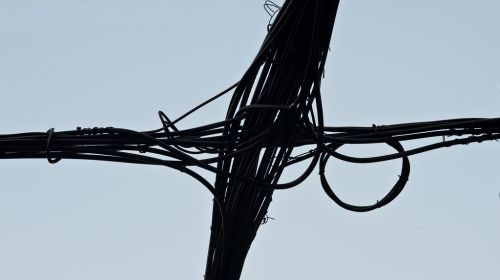
Net neutrality – the principle that Internet Service Providers (ISPs) must treat all data on the Internet equally – is vital to free speech. But earlier this month, the D.C. Circuit Court of Appeals overturned the FCC's net neutrality rules, jeopardizing the openness of the Internet that we have come to take for granted.
The court ruled that for the FCC to preserve net neutrality, it must first reclassify the Internet as a "common carrier" – a term used to describe a utility like plain-old telephone service or an electric company – so that it can be subject to particular government regulations. Today we delivered a petition with more than 1 million signatures calling on them to do just that.
Without strong net neutrality rules, an ISP can interfere with a user's access to content online – that could mean, for example, blocking controversial content or discriminating against a competitor's site. We've seen it happen before. In 2007, text messages from the reproductive rights group NARAL. That same year, against an entire class of online activities by limiting file transfers from customers using popular peer-to-peer networks such as BitTorrent, eDonkey, and Gnutella.
Net neutrality has benefits beyond free speech, too: It also promotes innovation by guaranteeing small startups have the same visibility and access as established corporations, a principle that allowed companies like Google and Amazon to compete when they began.
Following the ruling, the ACLU, along with Free Press, Common Cause, DailyKos, Fight for the Future, Sierra Club, and others sent out petitions calling for the FCC to reclassify the Internet and reinstate their net neutrality rules. We delivered the signatures today.
Right now, most Americans have very few options when it comes to high-quality broadband service, so we can't just decide to vote with our feet if a company violates "net neutrality." Accordingly, our broadband providers have the technical means and the financial incentives to block or slow down controversial content or their competitors, or to give established players who can afford to pay for the privilege an Internet "fast lane." Additionally, because the companies have to monitor your online activity in order to manipulate the data, the lack of neutrality rules raises profound privacy issues. Let's hope the FCC moves quickly to safeguard the Internet and assure it remains open and free.
For more of the basics on net neutrality, click here.
Learn more about net neutrality and other civil liberty issues: Sign up for breaking news alerts, , and .

